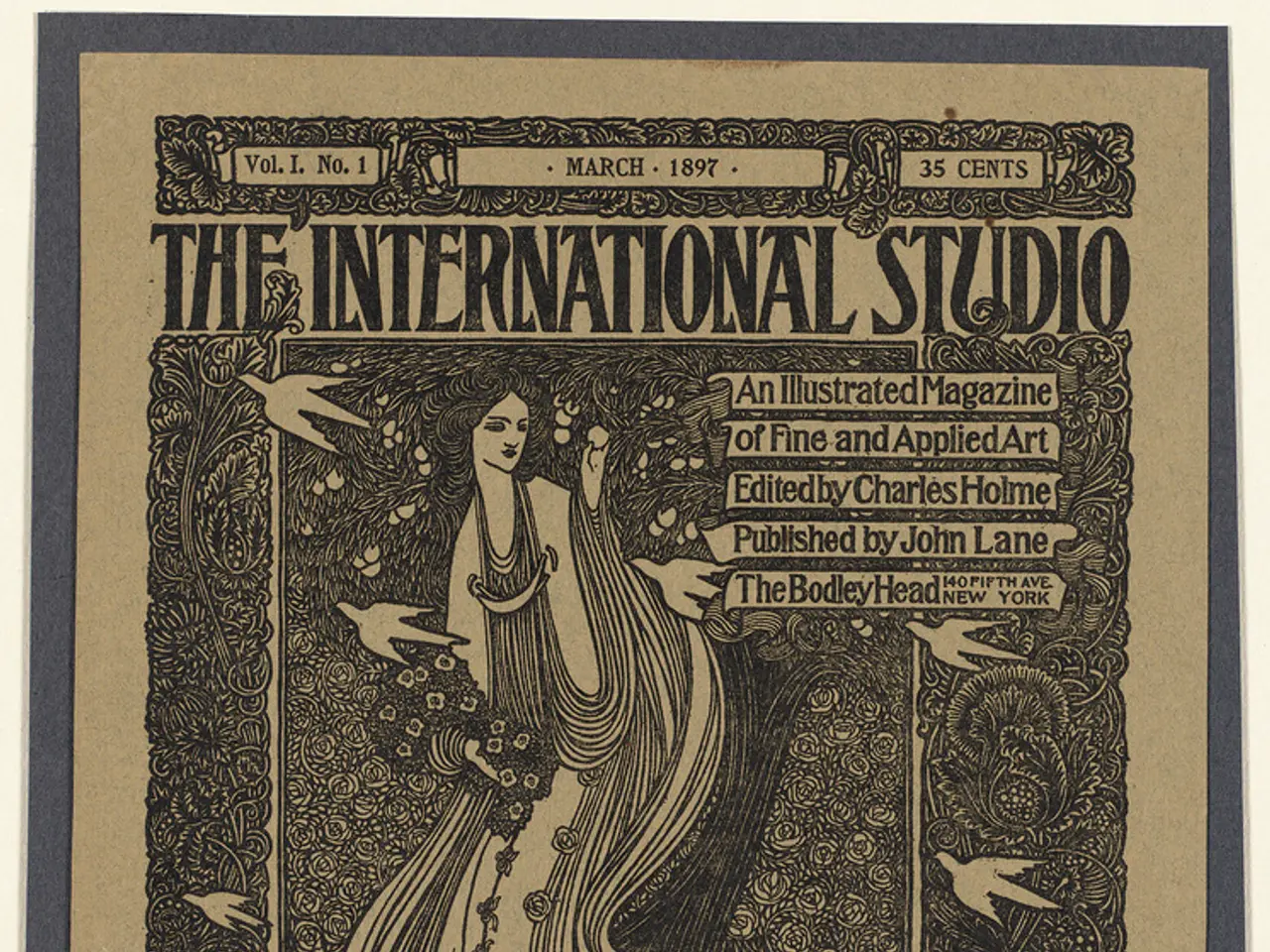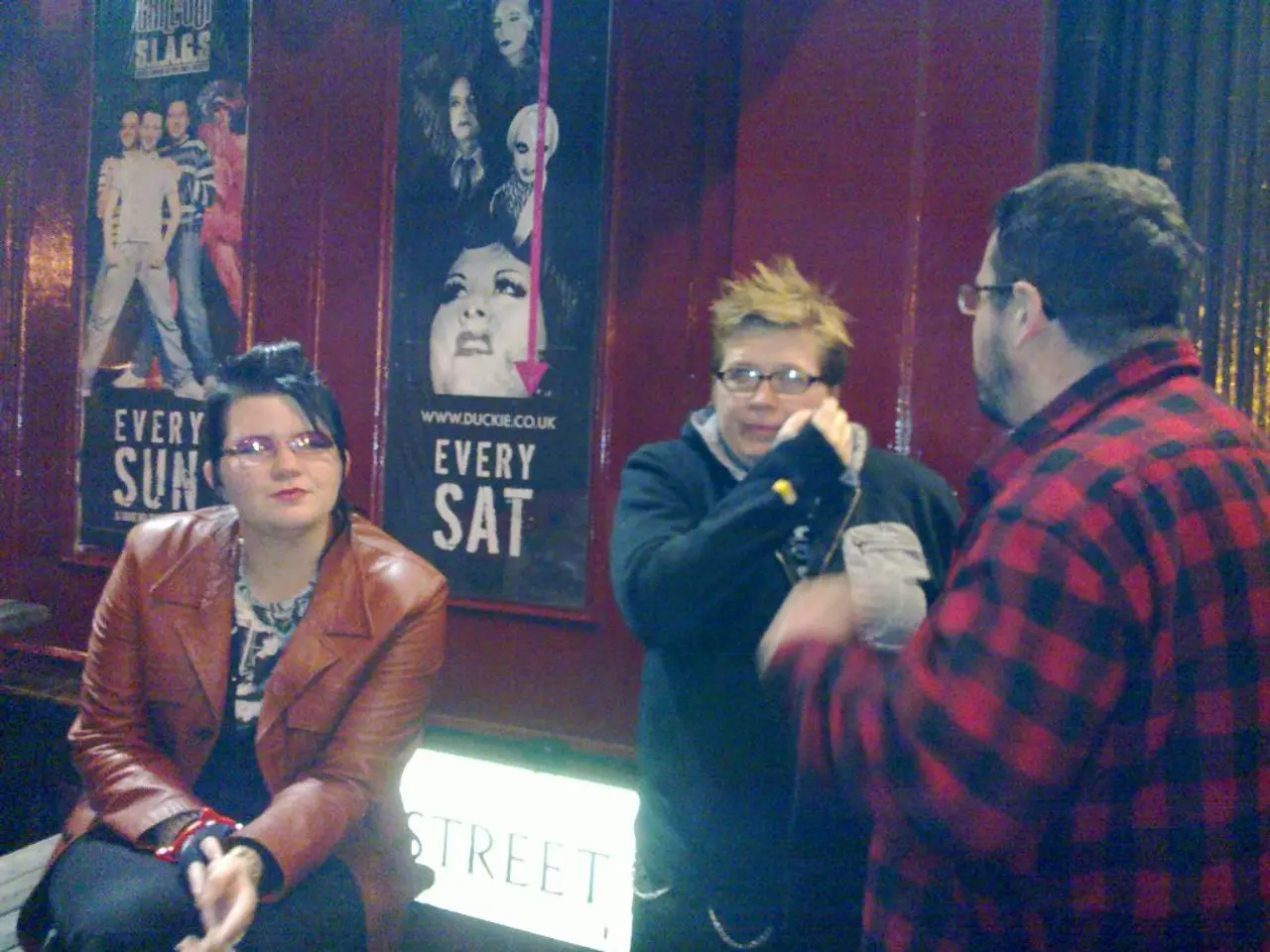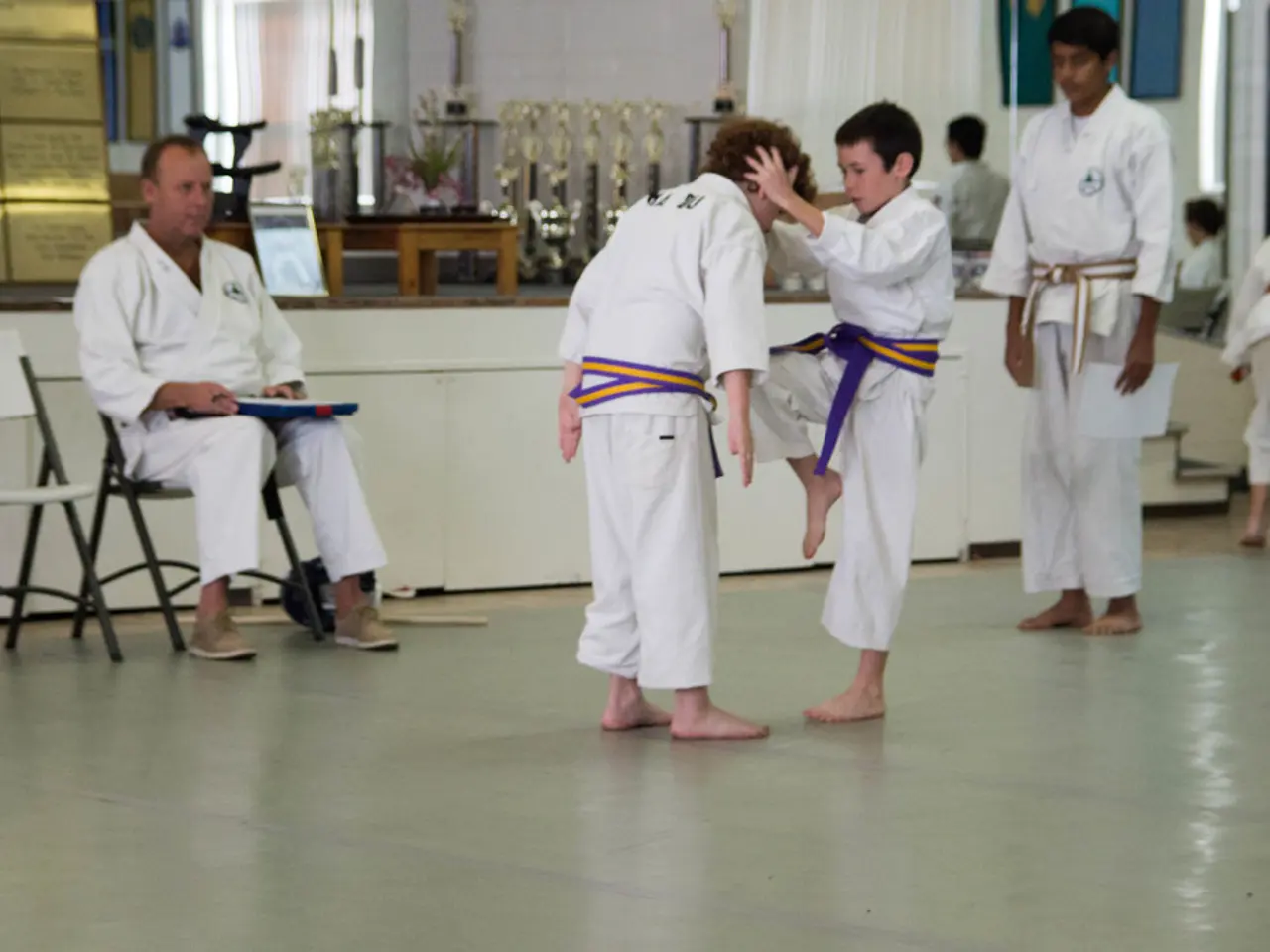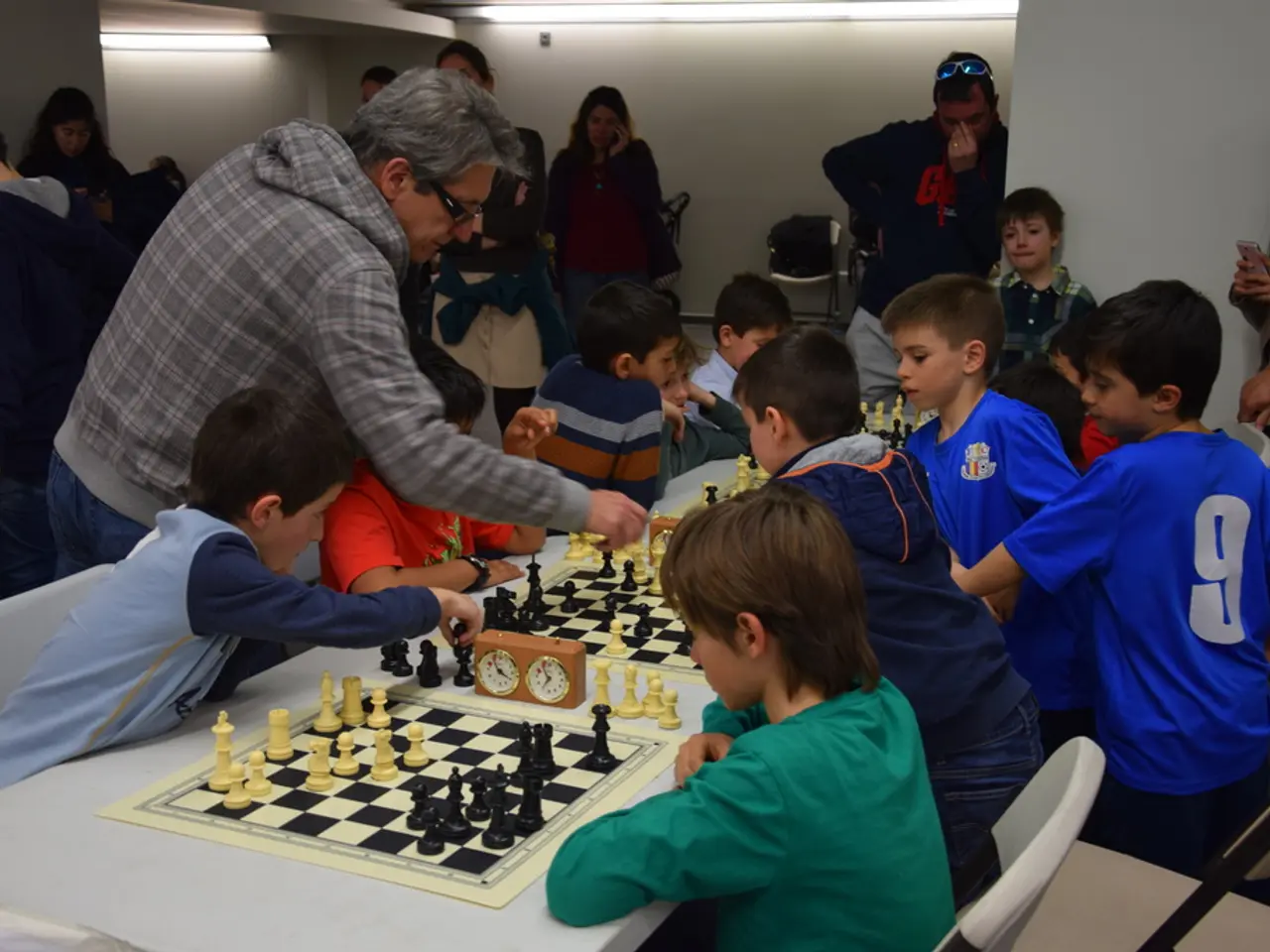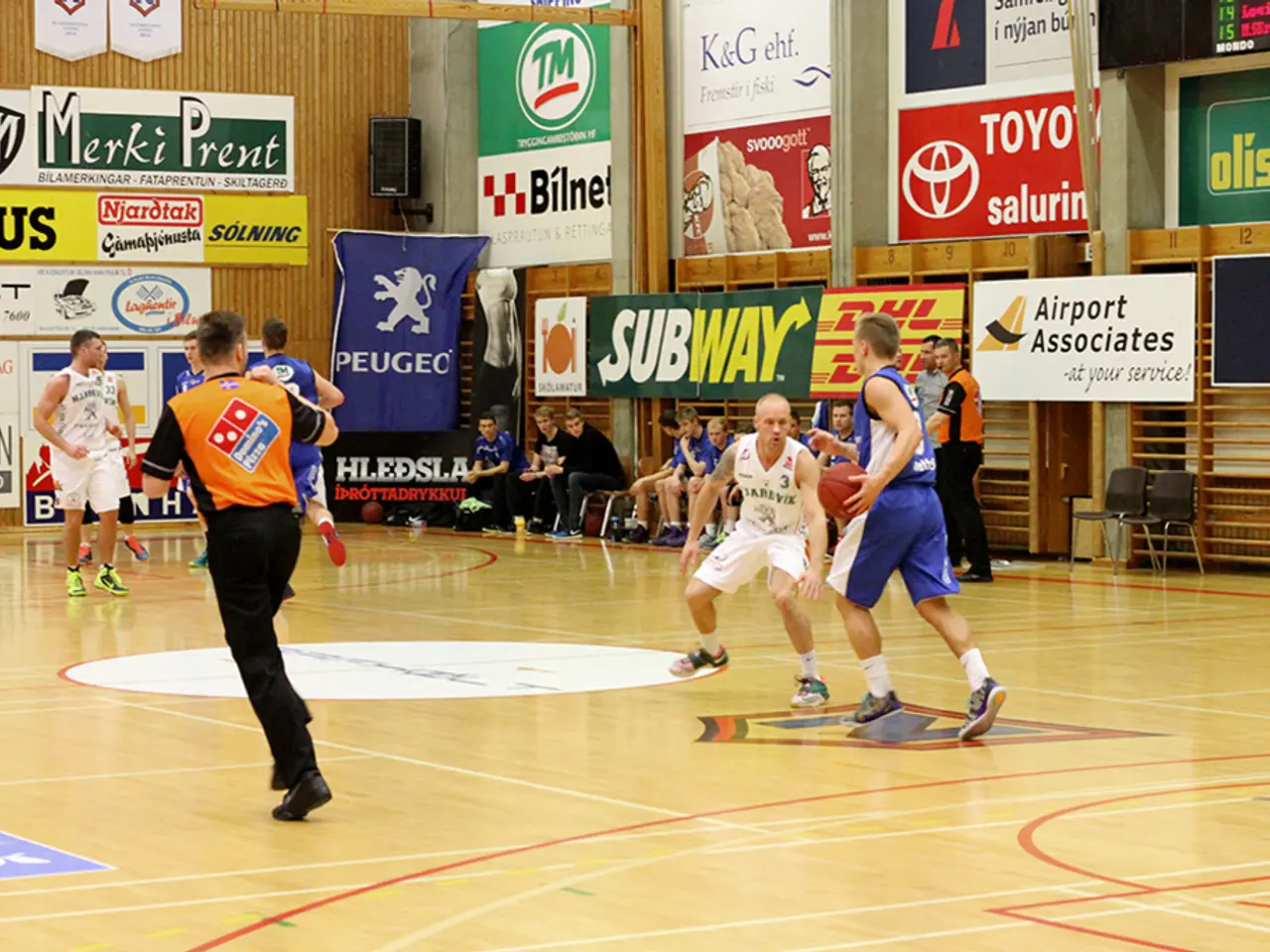"Teenager-Oriented K-Pop: Perspectives Worn Out by Fans"
In the world of K-pop, fans and their fandoms have often been subject to various misconceptions and stereotypes. This article aims to shed light on some common misconceptions about K-pop fans and their fandom, providing a more accurate representation of the enthusiastic community that supports this global phenomenon.
### 1. Overwhelming Obsession and Behavior
One of the most prevalent misconceptions is that K-pop fans, particularly those of groups like BTS, are overly obsessed and behave aggressively. While it's true that some fans may exhibit extreme enthusiasm, the majority are passionate but respectful. The aggressive behavior is often highlighted in the media, creating a skewed view of the fandom.
### 2. Racism and Cultural Insensitivity
Another misconception is that K-pop fans are generally insensitive to cultural issues, such as racism and appropriation. While some incidents reveal problematic behaviors within the fandom, many fans actively discuss and address these issues, promoting cultural awareness and understanding.
### 3. Diversity and Inclusivity
A third misconception is that K-pop fans are resistant to diversity and inclusivity, preferring a homogeneous cultural image. The fandom is diverse, with fans from various cultural backgrounds. However, some incidents highlight resistances to change and inclusivity, such as reactions to non-Korean models in K-pop-related projects.
### 4. Misinformation and Myths
Several myths and misconceptions circulate about K-pop, such as role swaps among group members or acting ambitions of idols, which are often debunked by facts.
To address these misconceptions, it's important to promote balanced reporting, foster open dialogue, educate about K-pop history, and encourage fans to engage in respectful discussions about cultural issues.
K-pop fans can be found across various age groups, including 35-year-olds and 50-year-olds, proving that K-pop is not just a phase; it brings joy to many people. It is not appropriate to question someone's love for K-pop or assume they will grow out of it.
K-pop fans can meet idols in person, as evidenced by fancams, and learning Korean can enable fans to understand what K-pop idols say during broadcasts. K-pop music has layers of substance beyond glitter and eyeliner, spanning various genres such as R&B, trap, rock, and jazz.
It is not appropriate to constantly bring up the darker sides of the K-pop industry as a conversation starter. K-pop idols dedicate significant time and effort to their craft, often under intense pressure. Seventeen's Hoshi and Woozi have announced their military service dates, showcasing the commitment these idols have to their countries.
Blackpink's tour is facing doubts, but their fans, the Blinks, bring energy to the performances. Fan chants at K-pop concerts bring electric excitement to the stadium, and the article includes a Daily Briefing sign-up for the latest news and updates. K-pop is an emotional rollercoaster with no age limit.
- K-pop music, with its diverse genres like R&B, trap, rock, and jazz, offers layers of substance beyond mere glitter and eyeliner.
- Similar to fans of other forms of entertainment, K-pop fans come from various age groups, including 35-year-olds and 50-year-olds, proving that it brings joy to people beyond a phase.
- Creative pursuits like learning Korean enable fans to connect more deeply with K-pop idols, as they can understand conversations during broadcasts and watch fancams of live performances.
- In the realm of entertainment and media, it's essential to promote balanced reporting and open dialogue about K-pop, striving to debunk myths and misconceptions while addressing issues such as cultural awareness and inclusivity.

